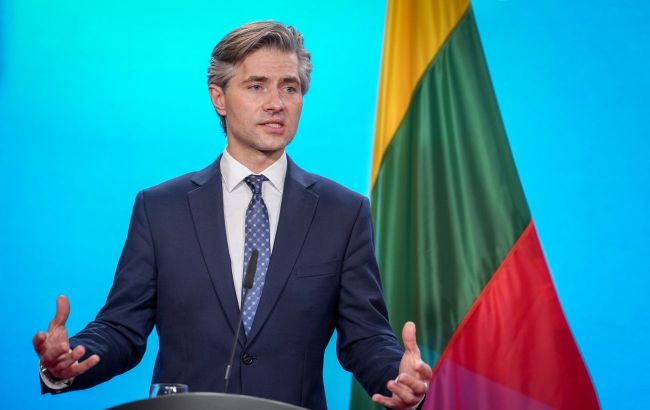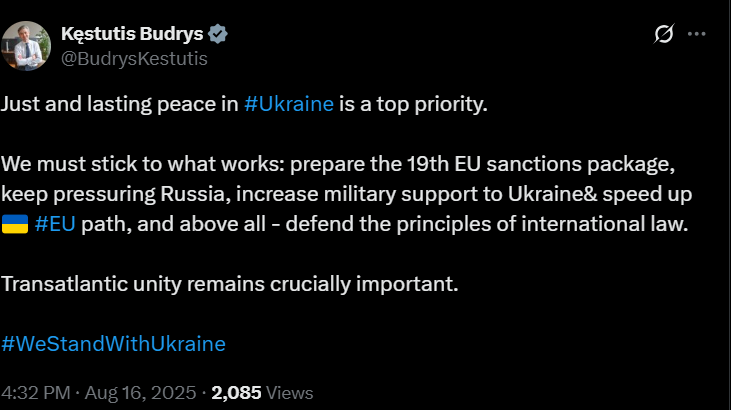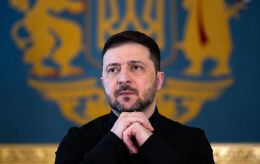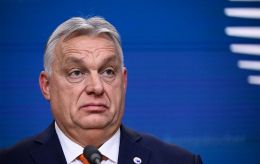Lithuania calls on EU to toughen sanctions on Russia, increase support for Ukraine
 Lithuanian Foreign Minister Kęstutis Budrys (Illustrative photo: Getty Images)
Lithuanian Foreign Minister Kęstutis Budrys (Illustrative photo: Getty Images)
Lithuania has called on the EU to increase pressure on Russia and bolster support for Ukraine amid ongoing aggression, states Lithuanian Foreign Minister Kęstutis Budrys.
In his post, Budrys emphasized that a just and lasting peace in Ukraine is the top priority.
According to him, effective measures must be followed: preparing a new EU sanctions package, continuing pressure on Russia, increasing military support for Ukraine, accelerating its path to the EU, and, most importantly, upholding the principles of international law.

It should be noted that a similar position was expressed on August 16 by the head of European diplomacy, Kaja Kallas, who stated that the root cause of the war is Russia’s imperialist foreign policy, not an alleged imbalance in the European security system. She emphasized that Europe will continue to support Ukraine and work on the development of the 19th sanctions package against Russia, stressing, “European security is non-negotiable.”
Lithuania, together with its EU partners, highlights the importance of combining sanctions pressure with military and political support for Ukraine to strengthen regional stability and deter Moscow’s aggression.
EU sanctions against Russia
After Russia’s full-scale invasion of Ukraine in February 2022, the European Union began implementing a series of sanctions against the aggressor country.
These measures included restrictions on trade and financial transactions, asset freezes, and travel bans for top Russian officials.
Subsequent Western restrictions blocked Russia’s access to foreign aircraft and spare parts. As a result, in 2025, Russian aircraft manufacturers were able to deliver only one of the fifteen planned commercial planes.
Recently, the EU adopted its 18th sanctions package against Russia, which includes:
- 22 banks,
- 4 companies linked to the Russian Direct Investment Fund,
- 26 enterprises connected to the defense industry and other key sectors of the economy.
EU representatives note that the 18th package is among the toughest measures implemented since the start of the full-scale war, emphasizing its importance for maintaining pressure on Russia and limiting its capabilities in strategic sectors.


